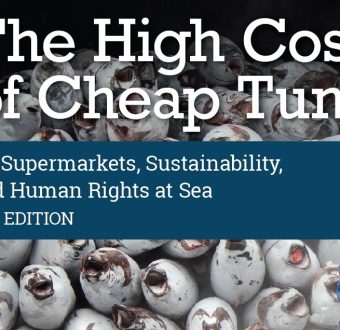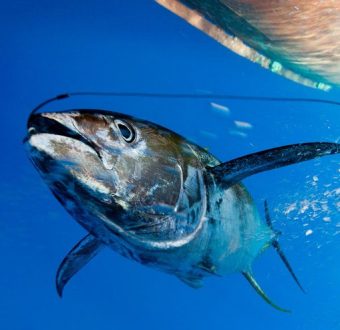On this World Food Day, I am in Rome where government ministers attending theWorld Committee on Food Securityare facing up to a sobering reality: the food world system is badly broken. From climate change, to biofuels and GE foods, its time we take stock and look for solutions.
Securing food in a changing climate
Changing temperatures and rainfall patterns, combined with more frequent extreme weather events, threaten global food security.
World stocks of key staple foods areforecasted to fall dangerously lownext year due to devastating droughts that have hit the US, Russia, the Black Sea region and Australia, as well as excessive rain that has decimated wheat, maize and apple harvests in parts of northern Europe.
As harvests fail in a changing climate, food prices rise, hitting the poorest people hardest. The UN estimates that1 in 8 people on the planetare now living in chronic hunger conditions.
A failed model
Much of the worlds food production is based on a chemical-dependent kind of farming, controlled by a handful of agribusiness giants that exert a stranglehold over the global seed and agrochemical market. These multinational groups have been pushing genetically engineered seeds as the solution to feeding the world.
But its not the solution the industry would have you believe.
Mountingevidenceshows that weed resistance is rapidly growing where GE crops have been farmed for several years. This is leading to a steady increase in the use of pesticides, conveniently sold by the same firms producing the seeds.
GE varieties, and industrial monoculture farms in general, are alsoless resilientto drought than mixed cropping systems. This is especially disturbing consideringrecent warningsthat such episodes are becoming more frequent and pronounced thanks to climate change.

Food or Fuel?
This is also the question government ministers must consider. Around 40 per cent of maize yields in the US (the worlds largest producer) are converted to ethanol to feed cars, not people. The EU is also increasing the amount of grain burned as ethanol. In both cases, this is the result of specific government decisions andthe effects are global.
From madness to wisdom
Withregional and global food crisesbecoming the norm, the need to change course is becomingwidely recognised.
And we know how to do this.
Experts from the UNand elsewhere have shown that ecological farming methods, alongside farmer-to-farmer seed breeding and exchanges, hold the key to rebuilding strong, sustainable, equitable and climate-resilient food systems.
Thats why I am here in Rome this week. Greenpeace, alongside farmers organisations, development charities and anti-poverty campaigners, will be pushing governments to invest in agro-ecology and to abandon perverse biofuel policies.
Watch this spaceto find ways in which you can join our efforts to fix the broken food system over the coming months.
Here in the United States, Greenpeace supports California’s Proposition 37 which would require labeling on genetically modified foods. We’re advocating the rest of the country take California’s lead on this issue.




